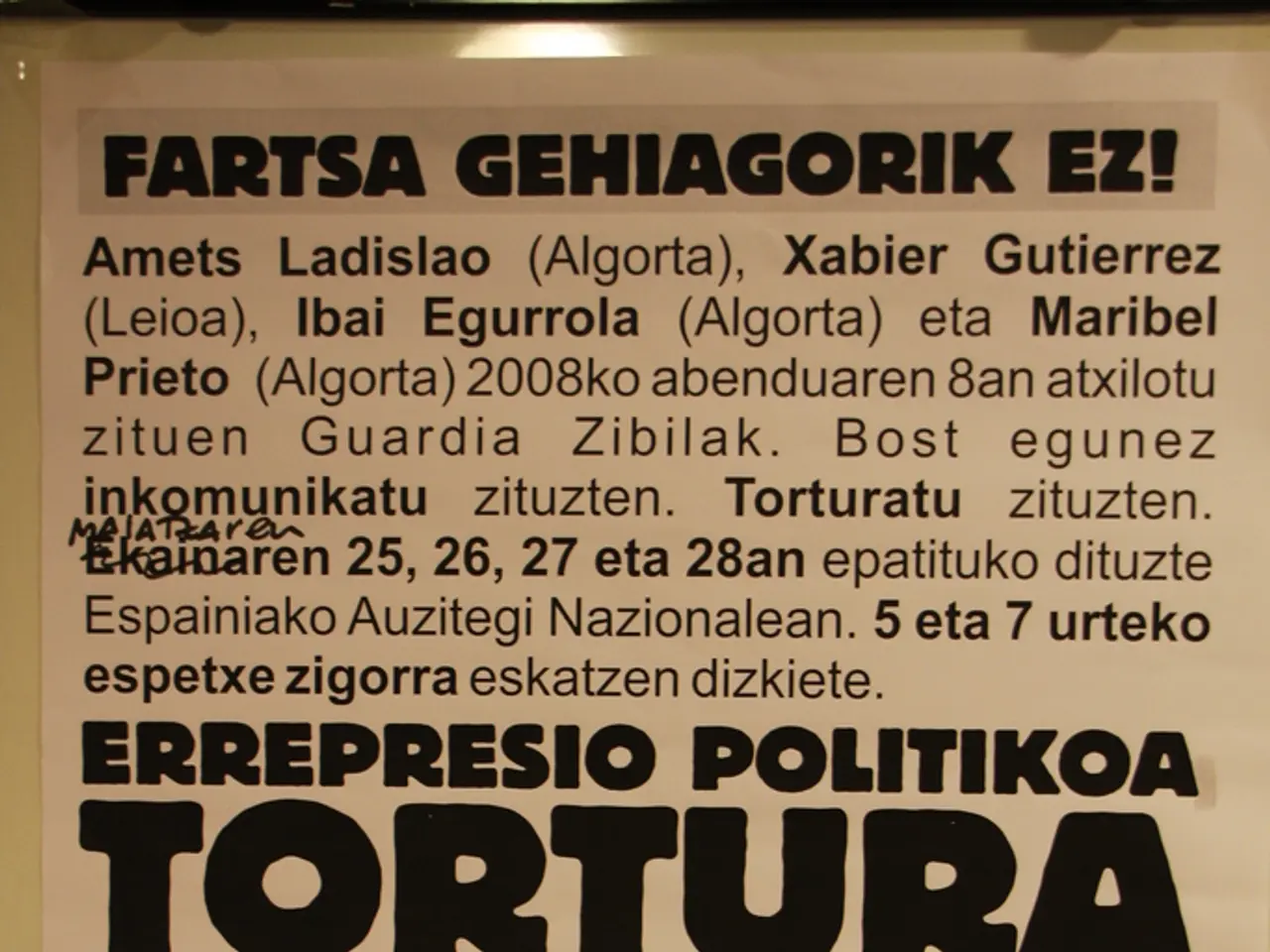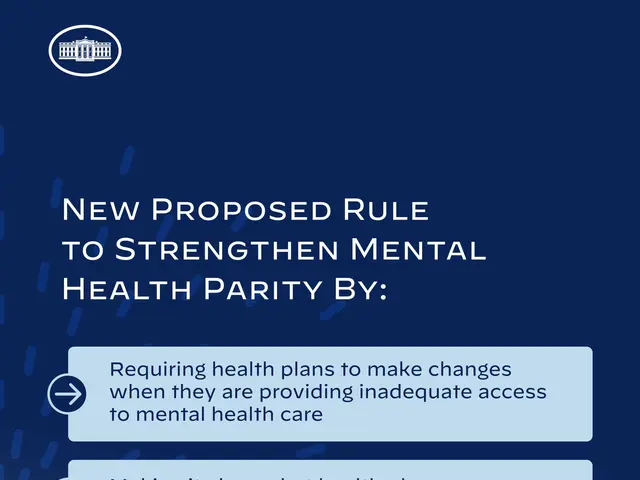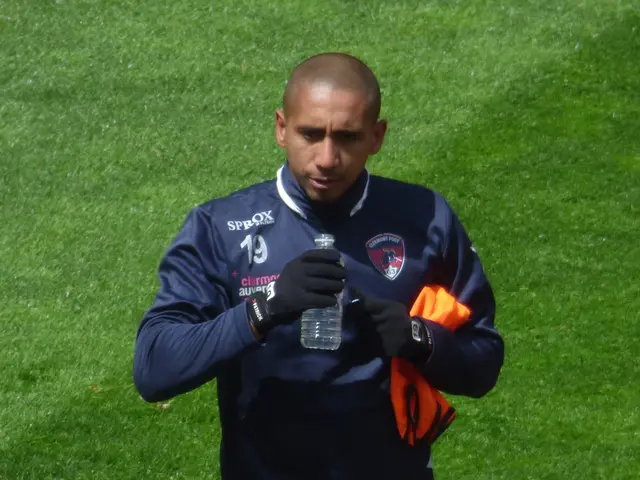Spanish Christian doctors express apprehension towards new abortion objectors' lists
In May 2022, the Spanish government approved a reform to its abortion law, aiming to expand access to the service. However, the changes have sparked debates, particularly concerning conscientious objection within the medical community.
The list of professionals directly involved in the process of voluntary termination of pregnancy includes gynaecologists and obstetricians, anaesthetists, family doctors, nurses, and midwives. The reform has removed requirements such as parental consent and a mandatory reflection period, thereby making abortion services more accessible.
However, Christian doctors and organizations have raised concerns about the reform, primarily focusing on issues of conscience and conscientious objection. They fear that the emphasis on making abortion more accessible may limit the scope for conscientious objection by healthcare providers who refuse to participate due to their religious beliefs.
The tension between expanded reproductive rights and protections for healthcare workers' freedom of conscience and religious expression has become a central issue. Christian medical practitioners and religious organizations, who oppose abortion on moral or religious grounds, voice their concerns about the potential collection and storage of sensitive personal information, and the potential for reprisals or persecution of objectors in their workplaces.
In response, the Spanish ministry of health created a list of health workers who conscientiously object to the practice of voluntary termination of pregnancy in March 2023. This move has been met with criticism from entities such as the Observatory for Religious Freedom and Freedom of Conscience, and Professionals for Ethics, who argue that the procedure violates human rights and discriminates against those with conscientious objections.
Xesús Manuel Suárez, a doctor and secretary general of the Spanish Evangelical Alliance, is suspicious of the procedure, stating that it can be used to "mark" doctors who freely decide to object. He criticizes the government for not prioritizing quality medical care for all patients, citing a type 1 diabetic patient in his private practice as an example.
The ministry of health has approved a protocol for the creation of this list, which provides for two types of objection: total or partial. Total objection refers to health workers who refuse to intervene in an abortion under any circumstance. Partial objection includes some cases where it is possible to object, such as at the request of the woman within the first 14 weeks of pregnancy, a serious risk to the woman's life up to 22 weeks, a serious risk to the baby also up to 22 weeks, or anomalies incompatible with life or extremely serious and incurable illness in the foetus.
Despite the ongoing debate, no direct resolution or recent policy clarifying protections for conscientious objectors following the reform has been indicated. The debate remains active between ensuring accessible abortion services and respecting the rights of those with conscientious objections within the medical community.
This article was published in Evangelical Focus, a European publication focusing on Christian news and perspectives. The publication encourages readers to join their mission. It's important to note that in 2023, over 103,000 abortions were completed in Spain.
References: 1. Spanish abortion law reform intensifies debates around conscientious objection 2. Spanish Evangelical Alliance denounces contested "conversion therapy" ban
- The healthcare professionals involved in the process of voluntary termination of pregnancy, as detailed by the reform, include gynaecologists and obstetricians, anaesthetists, family doctors, nurses, midwives, and those from the realm of health-and-wellness, such as mental-health specialists, who might be consulted during pre-abortion counselling.
- The ongoing debate surrounding the Spanish abortion law reform has expanded to include not just science and general-news outlets, but also politics and crime-and-justice, as religious organizations and Christian medical practitioners voice their opinions about the potential violation of their freedom of conscience and religious expression.
- In response to the concerns about conscientious objection, the Spanish ministry of health created a list of health workers who conscientiously object to the practice of voluntary termination of pregnancy, sparking criticism from entities advocating for human rights and freedom of conscience, like the Observatory for Religious Freedom and Freedom of Conscience, and Professionals for Ethics, who argue that the procedure discriminates against those with conscientious objections.
- As the debate between ensuring accessible abortion services and respecting the rights of conscientious objectors within the medical community continues unresolved, it has caught the attention of various sector-specific publications, including those focusing on health-and-wellness, men's health, women's health, and Christian news and perspectives, such as Evangelical Focus, which encourages its readers to join their mission.




